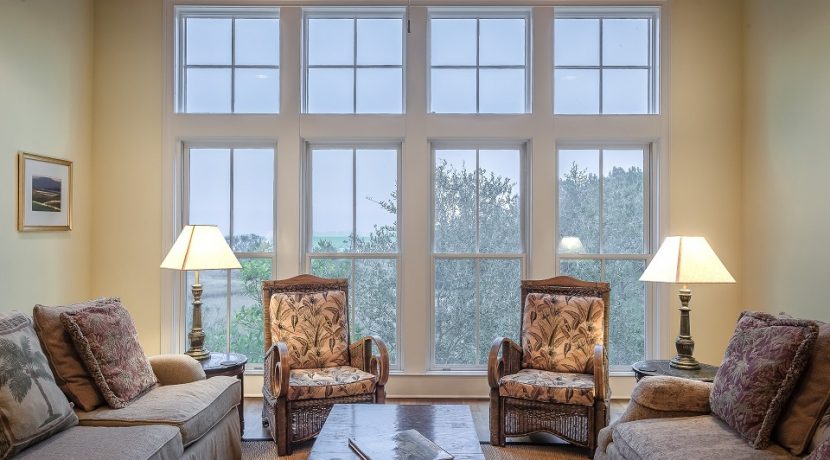Of course, not all electrical accidents can be avoided. These tips will help you be better prepared to protect yourself, your family and your home.
Most homes have electrical hazards that many of us are unaware of or simply choose to ignore. Of course, not all electrical accidents can be avoided. But, with a little understanding about electrical safety, you can be better prepared to protect yourself, your family and your home.
Good childproofing of any home should take electrical outlets into consideration. Children are prone to sticking their fingers or unexpected, often metal, objects in outlets. Keep toddlers out of danger by inserting plastic safety plugs in outlets and making sure small electrical appliances are out of their reach.
Even in the wireless age, we still need extension cords from time to time, but it’s never a good idea to run them under rugs or carpets. Not only could this be a tripping hazard, but constant foot traffic can make the wires frayed or broken over time. This can cause electrical shock and fires. If you do discover frayed wires, it’s not safe to repair them with tape. They should be replaced altogether.
We all know electricity and water don’t mix, but did you know the electrical charge during a storm could come through water pipes or even telephone wires? Be cautious. If you hear thunder in the area, even if you don’t see lightning, be sure not to take a bath, shower or talk on a landline phone.
Here are some other all-too-common ways people get electrocuted at home: Using wet hands when switching on the disposal while the sink is running, or grabbing a hairdryer. Same thing goes for using electrical appliances near a filled tub or sink. Small appliances can easily fall in, creating a real risk for serious injury or even death.
In new homes, special outlets called Ground Fault Circuit Interrupters (GFCIs) are required by law in areas where water is used, such as bathrooms, kitchens, laundry rooms and most outdoor receptacles. GFCIs can help prevent electric shock by shutting off the power the instant they detect that a current is flowing through water or even a person. If you live in an older home, it’s possible you don’t have GFCIs, but investing in them can save you from an accident in the long run. Just remember not to install them yourself. Take proper precautionary measures and contact an experienced, licensed electrician to do the job.
If you do have to use electricity outside, where it might be wet (like when you’re replacing outdoor light bulbs, hanging holiday lights or trimming trees), always wear shoes that have rubber soles, and make sure you only use weatherproof extension cords deemed suitable for outdoor use.
Other important safety tips:
• Never overload outlets with too many plugs. This can cause the circuits to short out, spark or get over heated.
• Unplug small appliances when not in use. This can help prevent fires from power surges.
• Turn off appliances before unplugging.
• Never unplug an appliance by tugging on the cord. Always grab at the plug.
• Only use light bulbs that are at or below the recommended maximum wattage, and never cover lamps with scarves or other materials. Light bulbs can throw off a lot of heat, and these materials can catch fire easier than you would think.
• Never pour water on an electrical fire. This will only encourage the flames. Keep a fire extinguisher on hand in case of emergency.
And the best electrical safety tip of all:
• Leave electrical repairs to licensed electricians. And while it’s true electrical repairs can often be costly, it’s generally money well spent. Remember, you’re not just paying them for their time. You’re paying them for their expertise in electrical safety and minimizing the risk of accidents to you and your home.
All rights reserved to the initial publisher for American Home Shield
Collected and published by Arms &McGregor International Realty® editorial team. Get in touched with us at [email protected]

